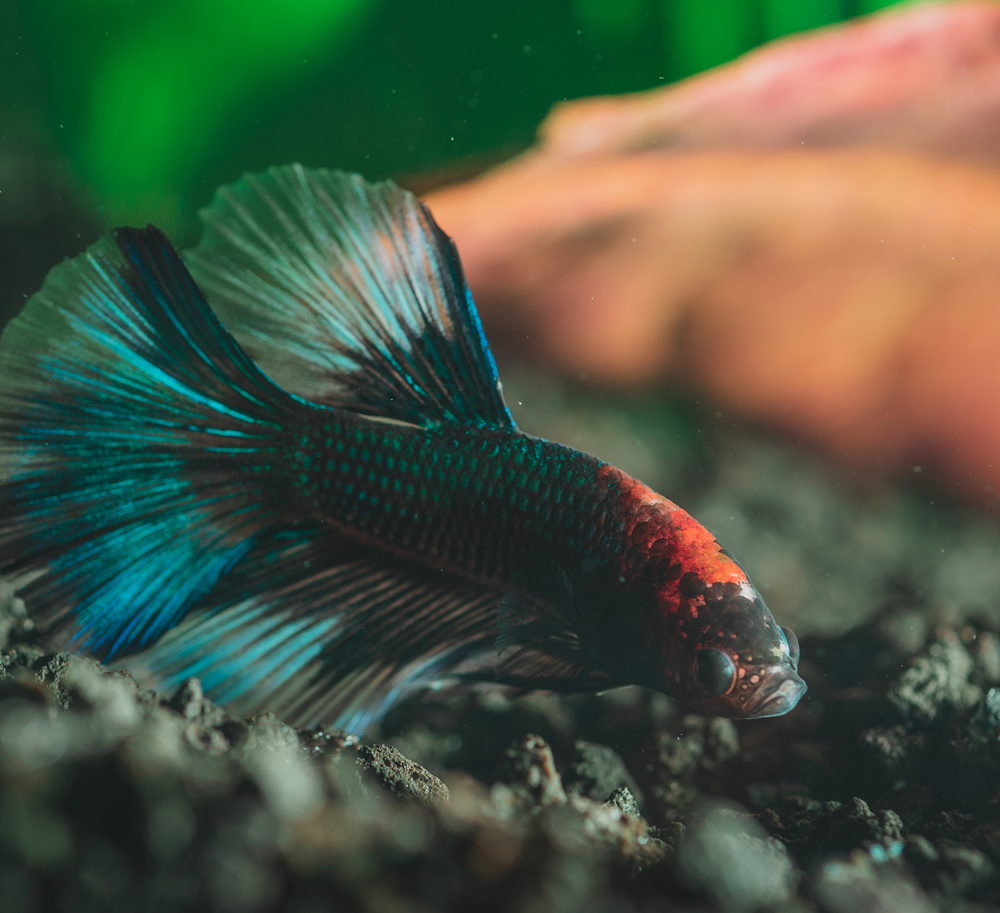Exploring the Consequences of Expired Fish Food
Posted by Aquarium Spare Parts on 9th May 2024
Aquarium enthusiasts invest significant effort into maintaining the well-being of their aquatic pets. A key aspect of this care involves providing appropriate nutrition through fish food. However, what happens when the expiration date on that fish food container approaches, or worse, passes unnoticed? Let's delve into the consequences of using expired aquarium fish food and its potential impact on aquatic life.
1. Nutritional Degradation:
Just like any other perishable food item, aquarium fish food
has a limited shelf life. Over time, the nutritional value of the food can
degrade. Essential vitamins and minerals may break down, leading to a decrease
in the food's overall quality. Fish rely on a balanced diet to thrive, and
feeding them expired food could compromise their health in the long
run.
2. Risk of Contamination:
Expired fish food is more susceptible to contamination by
bacteria, fungi, and other microorganisms. These contaminants can proliferate in
the food, potentially causing infections or diseases in aquarium fish. Mould
growth, foul odours, or visible signs of decay are indications that the food has
spoiled. Feeding spoiled food to fish can introduce harmful pathogens into the
aquarium environment, endangering the entire aquatic ecosystem.
3. Water Quality Concerns:
Uneaten or decaying fish food can contribute to deteriorating water quality within the aquarium. Organic matter from expired food can decompose, releasing ammonia, nitrites, and nitrates into the water. Elevated levels of these compounds can stress fish and other aquatic inhabitants, leading to health issues and even fatalities. Moreover, decomposing food can fuel algae blooms, further disrupting the balance of the aquarium ecosystem.
Uneaten or decaying fish food can contribute to deteriorating water quality within the aquarium. Organic matter from expired food can decompose, releasing ammonia, nitrites, and nitrates into the water. Elevated levels of these compounds can stress fish and other aquatic inhabitants, leading to health issues and even fatalities. Moreover, decomposing food can fuel algae blooms, further disrupting the balance of the aquarium ecosystem.
4. Reduced Palatability:
As fish food ages, its texture and flavour may change, making
it less appealing to fish. Even if the nutritional content remains intact, fish
may refuse to eat stale or rancid food. This can result in underfeeding,
malnutrition, and stunted growth among aquarium inhabitants. In multi-species
tanks, certain fish may dominate the fresher food, leaving others to consume
expired or less desirable options, exacerbating the problem.
5. Economic Waste:
Using expired aquarium fish food not only jeopardises the health of aquatic life but also represents a waste of resources. Fish food can be relatively expensive, especially high-quality formulations with premium ingredients. Discarding expired food means throwing away money that could have been invested in fresh, nutritious alternatives. Additionally, the costs associated with treating sick fish or restoring water quality due to feeding expired food further compound the economic impact.
Using expired aquarium fish food not only jeopardises the health of aquatic life but also represents a waste of resources. Fish food can be relatively expensive, especially high-quality formulations with premium ingredients. Discarding expired food means throwing away money that could have been invested in fresh, nutritious alternatives. Additionally, the costs associated with treating sick fish or restoring water quality due to feeding expired food further compound the economic impact.
While it may be tempting to continue using expired aquarium
fish food, the potential risks far outweigh any perceived benefits. Responsible
fish keeping entails regular maintenance, including monitoring food expiration
dates and ensuring the provision of fresh, high-quality nutrition. By
prioritising the health and well-being of aquarium inhabitants, hobbyists can
create thriving aquatic environments that bring joy and fulfilment for years to
come.


